Interview
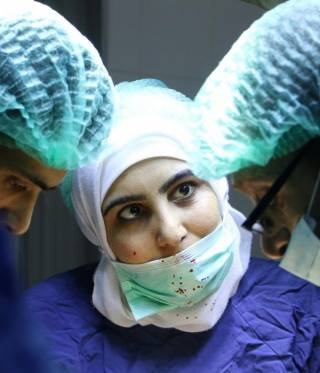
Feras Fayyad, the director of the Oscar-nominated documentary, ‘The Cave’, speaks to zenith about seeing the future of Syria in his female protagonist, surviving torture in Assad’s cells, and facing discrimination in the USA and Denmark.
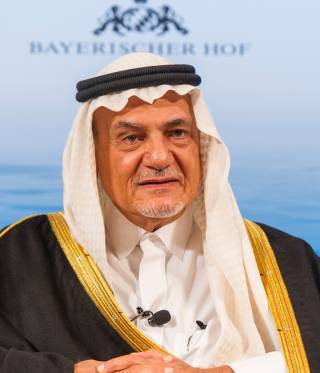
As recent events have deepened uncertainty in the Gulf, zenith asks former Saudi intelligence chief Turki al-Faisal for his thoughts on the death of Qassem Suleimani, Saudi support for Iraq and a possible rapprochement between the kingdom and Iran.
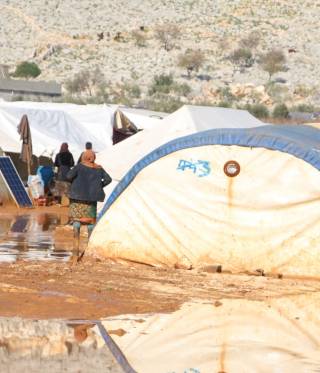
The situation in Idlib remains dire. Idlib-native Merna Alhasan, spoke to zenith about the recent assaults on the city, covering the story as a female journalist, and how the Assad regime controls the narrative on the war in Syria.
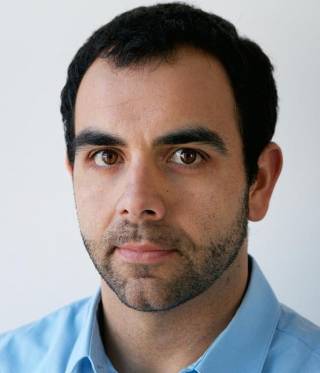
Human Rights Watch’s Omar Shakir speaks to zenith about what his recent deportation from Israel means for human rights defenders on the ground in the region, and why Israel’s human rights record is worse than ever.
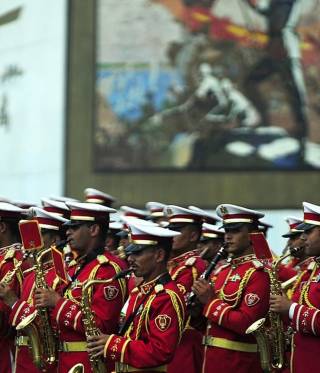
Yezid Sayigh has spent many years closely examining the interdependence of the military and the economy in Egypt. He explains why investors are skating on thin ice putting their money into country and why the military is hiding in the TV market.
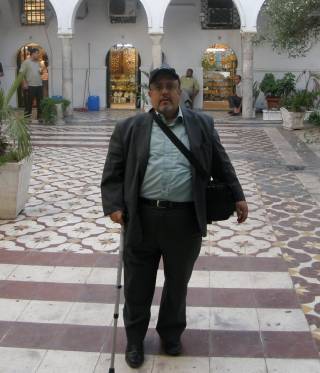
Raphael Luzon has been hosted by Gaddafi, kidnapped by Islamists and was asked to help with drafting the new constitution. In this interview he explains why one always needs to play it tough in Libya and why Gaddafi and Berlusconi got along so well.
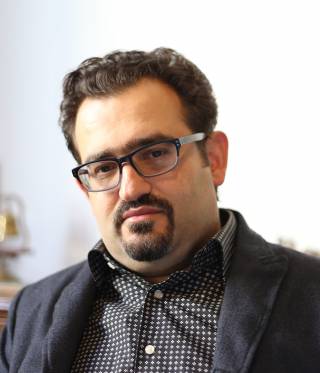
Legal scholar Naseef Naeem on his new book “The State and Its Foundations in the Arab Republics”, the pitfalls of European notions of democracy, and why the real challenge for global legal standards arises further east.
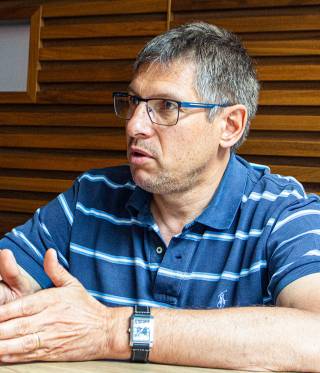
Nearly a million people are caught up between the battle lines in Idlib. French Syria expert Fabrice Balanche explains why Russia’s deal with Erdoğan failed, and yet Moscow still holds all the cards.